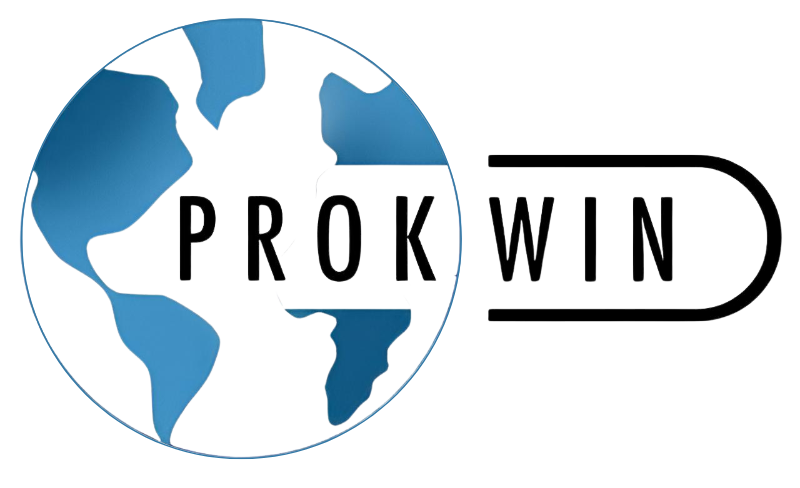In the cutthroat world of oil and gas, where margins can fluctuate as wildly as the price of crude, procurement stands as a strategic linchpin. By optimizing procurement processes and identifying untapped cost-saving opportunities, companies can significantly enhance their bottom line and gain a competitive edge.
Case Studies: Industry Titans Redefining Procurement
Remember BP’s bold digital transformation in 2018? By leveraging advanced analytics and automation, they not only streamlined processes but also improved supplier performance, unlocking millions in savings. Shell’s innovative approach to supplier partnerships has been equally impressive. In 2022, their joint innovation project with a leading technology company resulted in a 15% reduction in operational costs.
Beyond the Obvious: Unconventional Strategies for Cost Reduction
A deep dive into spending patterns often uncovers hidden costs that can be slashed. For example, a recent study by McKinsey found that many oil and gas companies overspend on logistics by an average of 10%. By optimizing transportation routes and consolidating shipments, companies can significantly reduce these costs.
Traditional category management, often a rigid approach, can be revitalized through a more strategic lens. By consolidating suppliers, negotiating better terms, and driving down costs, companies can unlock significant savings. For instance, Chevron’s category management initiative in 2021 resulted in a 20% reduction in spending on drilling equipment.
Gone are the days of adversarial relationships between companies and suppliers. By fostering trust, collaboration, and transparency, companies can create a win-win environment that benefits both parties. For example, ExxonMobil’s supplier development program has led to a 25% increase in supplier innovation and a 10% reduction in costs.
Effective contract negotiation is an art form. By understanding market dynamics, analyzing supplier costs, and leveraging data-driven insights, companies can secure favorable terms and reduce expenses. For instance, BP’s negotiation team in 2023 successfully negotiated a 12% discount on a major equipment purchase.
Embracing digital technologies is no longer optional. From e-procurement platforms to advanced analytics, digital tools can revolutionize procurement and drive significant cost reductions. For instance, Shell’s implementation of an AI-powered procurement platform in 2020 led to a 30% reduction in processing time for purchase orders.
The future of cost reduction?
The future of cost reduction is driven by digital transformation, supply chain resilience, sustainability, automation, and AI. To mitigate costs and improve efficiency, businesses should focus on continuous process improvement, data-driven decision making, supplier relationship management, risk management, innovation, and sustainability. Procurement is not just a function; it’s a strategic imperative.
Want to know more or have a tailored solution to your cost management? Contact us today for a free consultation.

No responses yet